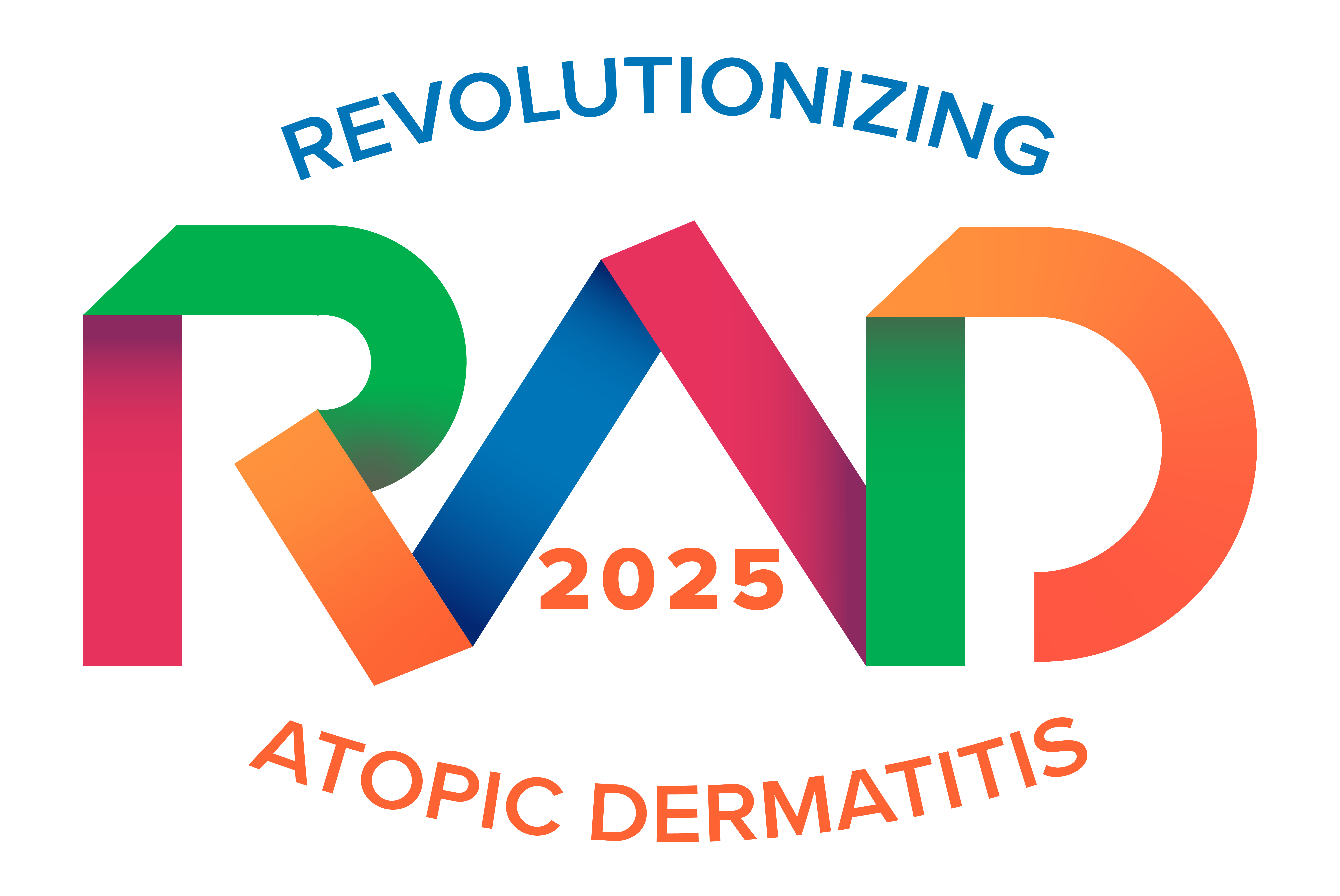
The Vicious Cycle of Itch, Stress, and Sleep Loss

Key Takeaways
- Atopic dermatitis (AD) significantly affects mental health, creating a cycle of physical symptoms and emotional distress that worsens the condition.
- Stress and sleep deprivation can damage the skin barrier, exacerbating AD symptoms and highlighting the need for comprehensive care.
In a recent interview with Dermatology Times, Peter Lio, MD, underscored the
profound and often underestimated impact that atopic dermatitis (AD) can have on mental health. As a Clinical Assistant Professor of Dermatology and Pediatrics at Northwestern University and the founding director of the Chicago Integrative Eczema Center, Lio brings a compassionate, holistic perspective to treating AD, especially in the context of its psychological toll.
He describes the condition as part of a “vicious cycle” where the physical symptoms—itching, discomfort, and skin pain—lead to sleep deprivation and emotional exhaustion, which in turn worsen the disease. Patients with eczema often experience significant emotional distress, including anxiety, depression, and social withdrawal. Lio notes that many patients feel self-conscious or embarrassed due to the visible effects of the disease, such as oozing or crusting skin. This self-consciousness may lead people to avoid social situations altogether, further deepening feelings of isolation and sadness.
Importantly, Lio explains that the emotional and psychological stress caused by AD isn’t just an unfortunate adverse effect—it can actually fuel the disease itself. Research shows that stress, anxiety, and poor sleep physically affect the skin barrier. He references a compelling study in which healthy college students who stayed awake for just one night experienced measurable damage to their skin’s integrity, including increased transepidermal water loss. This finding has serious implications for patients with AD, especially children, who often endure chronic sleep deprivation due to constant itching and discomfort. "Can you imagine? These are kids who often go years without proper sleep. You can imagine the impact,” Lio said.
Despite the clear link between mental health and AD, Lio points out a major gap in available support. In the United States, access to mental health care is limited by cost, lack of providers, and insufficient insurance coverage. Many families end up paying out of pocket to address the psychological aspects of AD. However, even simple interventions—like acknowledging the emotional strain, offering pamphlets, or starting a conversation about mental health—can make a positive difference.
Lio advocates for an integrative approach to AD care, one that goes beyond the skin to treat the whole person—body, mind, and spirit.
Want to hear more pearls and expert insights on AD? Join us at the annual
Newsletter
Like what you’re reading? Subscribe to Dermatology Times for weekly updates on therapies, innovations, and real-world practice tips.












